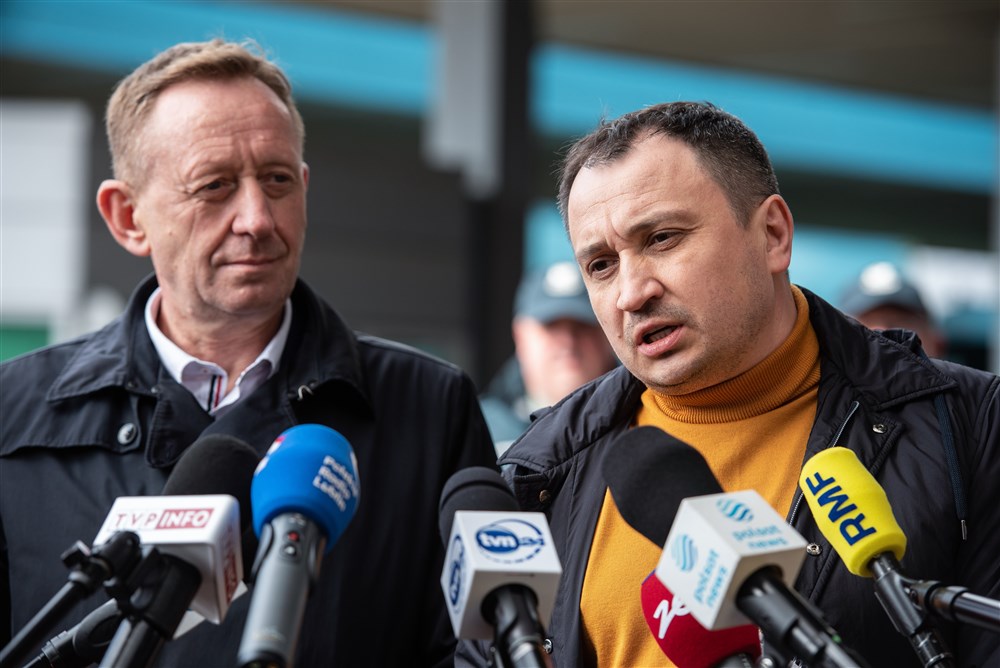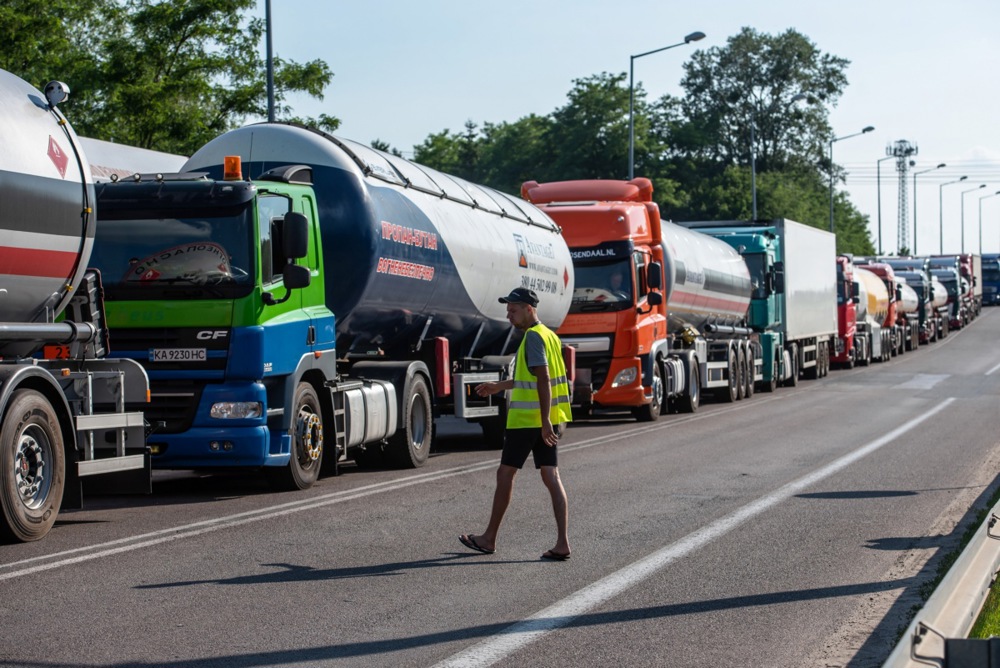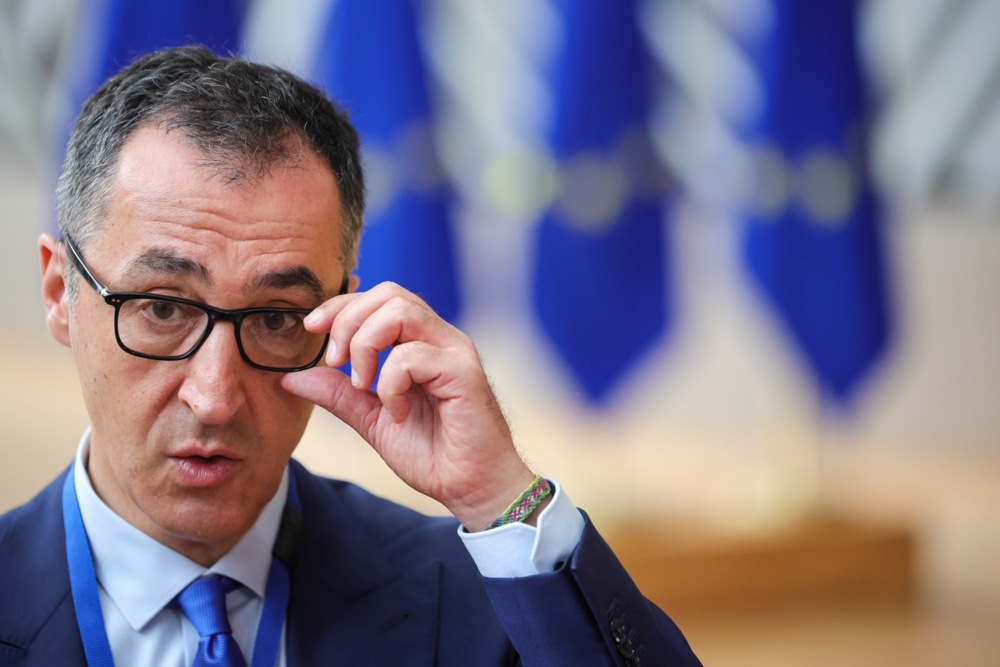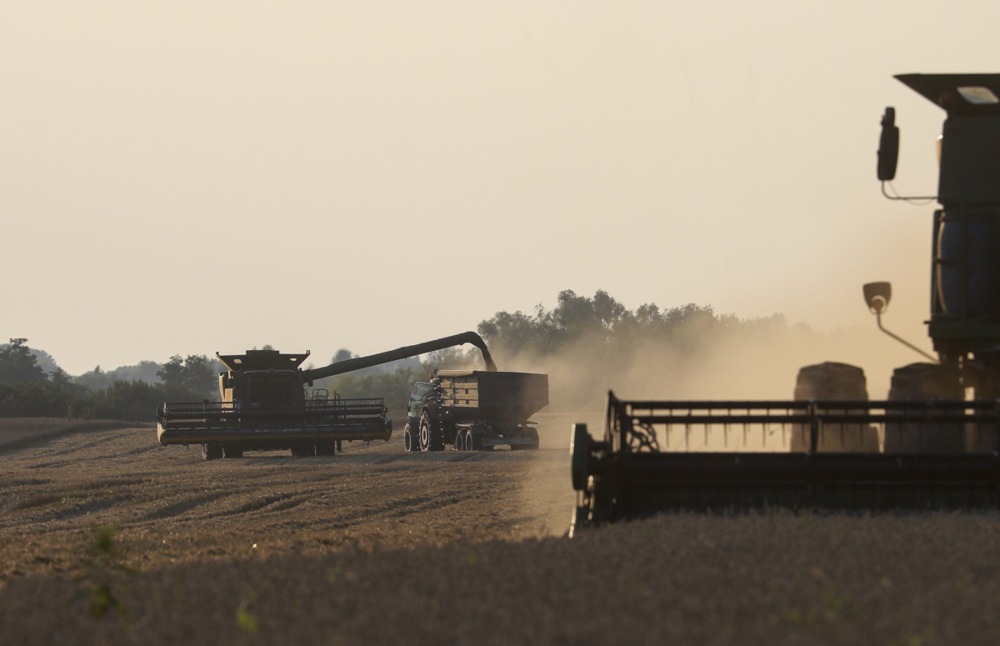Ukrainian parliamentary deputy Mykola Kniazhytskyi has confirmed that the Ukrainian Government has put pressure on its politicians to boycott international events in Poland in protest at Warsaw’s stance on continuing the embargo of Ukrainian grain.
Kniazhytskyi told Brussels Signal that Ukrainian politicians will be absent from gatherings including the Karpacz Economic Forum in Poland over September 5-7, which observers have termed “central Europe’s Davos”.
“Unfortunately, [that is] as a result of the dispute over grain [and] pressure that has been brought to bear by our authorities not to attend. But our parliamentarians will participate in sessions online,” Kniazhytskyi said.
He called the politicians’ absence “a scandal and a mistake”, possibly suggesting that he felt the Ukrainian side was unnecessarily escalating an already fraught situation.
Kniazhytskyi is backing Ukraine’s stance in the dispute, though, saying that the so-called association agreement with the European Union gives Ukraine the right to export grain and other goods to the EU.
Asked about concerns of Polish farmers over the market being saturated with Ukrainian grain he said: “It is up to the Polish Government and the EU to help Polish farmers”.
Warsaw has already offered subsidies worth € 3.3 billion to Polish farmers while the EU’s aid has so far totalled € 66.7 million.
Kniazhytskyi, who is a journalist as well as a politician – and co-chairman of the Ukrainian-Polish interparliamentary group – revealed the new position taken by Ukraine in post on Facebook.
The Ukrainians are protesting about Poland’s support for the continuation of the grain embargo sanctioned by the EU. Kniazhytskyi claimed: “This stance is in part a result of pre-election populism in Poland.”
He also wrote that the matter was “serious” because the authorities are blocking travel by Ukrainian politicians who wanted to use trips to Poland to defend Kyiv’s take on the situation. He claimed the travel ban was “illegal”.
He added that, as co-chairman of the Ukrainian-Polish inter-parliamentary group, he is convinced that the actions by the Ukrainian authorities mark a “serious error”, one which can only “strengthen anti-Ukrainian voices in Polish politics”.
Kniazhytskyi appealed for “dialogue and cooperation in order to protect Ukraine and Europe from Russian aggression rather than provoking conflicts which delight Russia”.
At the end of August, the Ukrainian foreign ministry said Poland, Hungary and three other countries calling for the extension of the embargo on Ukraine were behaving in an “unacceptable” manner and that Kyiv was appealing to the EU to put forward a “sustainable solution”.
Polish agriculture minister Robert Telus said on September 3 that Poland will extend the ban on imports of Ukrainian grain after September 15 because such proscription would help Polish farmers.
“We will not allow Ukrainian grain to enter Poland after September 15 as the interests of Polish farmers are for us more important than any EU regulations,” Telus said.
“We know what could happen if Ukrainian grain entered Poland after September 15,” he continued, adding that it would make the situation more difficult as “grain prices are low and storehouses are full of grain” in his country.
On April 28, the European Commission reached an agreement with Poland, Bulgaria, Hungary, Romania and Slovakia on restrictions of imports of Ukrainian agri-food products. On May 2 it announced the adoption of a temporary ban regarding imports of wheat, corn, rapeseed and sunflower seeds from Ukraine. Last month it prolonged the ban until September 15.
Telus, who is attending an informal summit of EU agriculture ministers in Spain on September 5, has received strong backing for his take on the embargo from Jan Krzysztof Ardanowski, a Polish former agriculture minister and currently adviser to Poland’s President Andrzej Duda.
Ardanowski told Brussels Signal that Poland will not lift the embargo on September 15 and that only the transit of Ukrainian grain through the country will be allowed.
“It is inconceivable that we should return to what happened last year when a massive influx of Ukrainian grain destabilised our market,” he said.
He also said that Ukraine has for years been wanting to enter the EU market with its products but that it had been limited by quotas and duties to protect EU farmers.
But, he added, “Now [Kyiv wants] to use the fact that the EU has become much more open to helping Ukraine to realise their objective.”
Ardanowski said he believed that if Ukraine was successful in securing an absolute end to the embargo on grain exports to Members States “many small farms in the EU will collapse”.
He added that, while Ukraine should be concentrating on sending its grain to Africa and the Middle East and not to the EU, its politicians have succumbed to pressure from large global corporations that want to enter the bloc’s markets as soon as they can.





